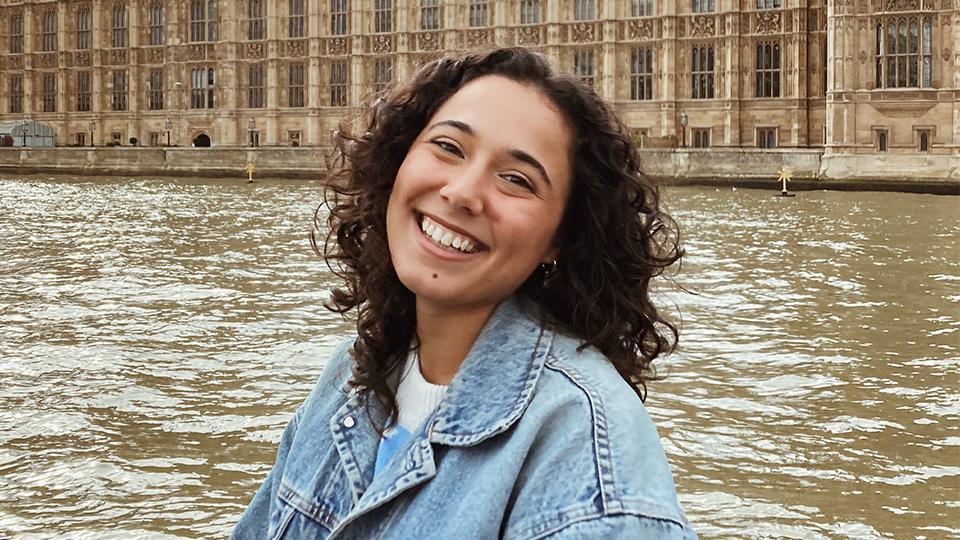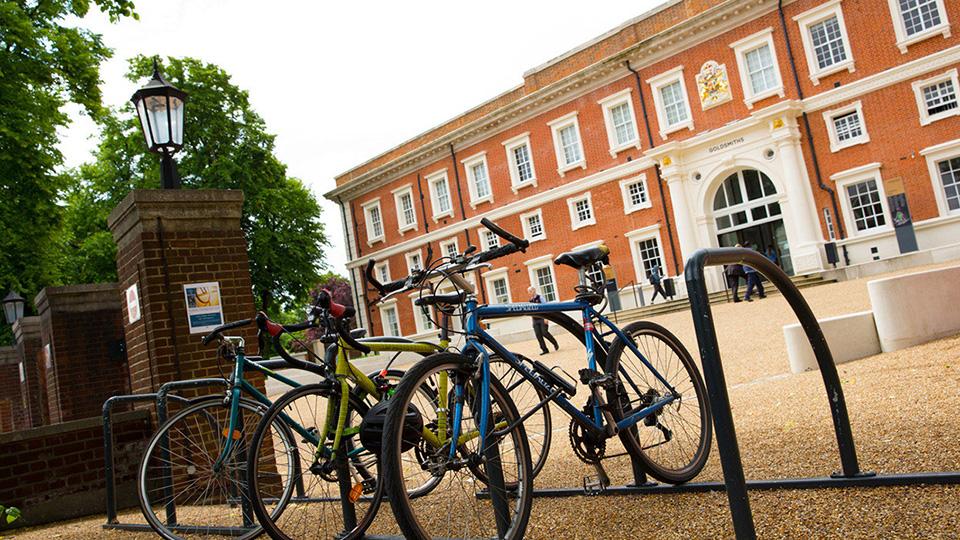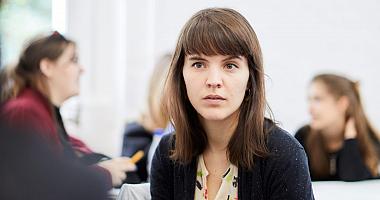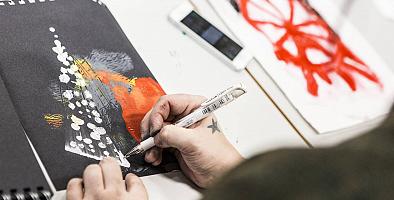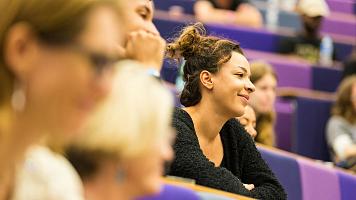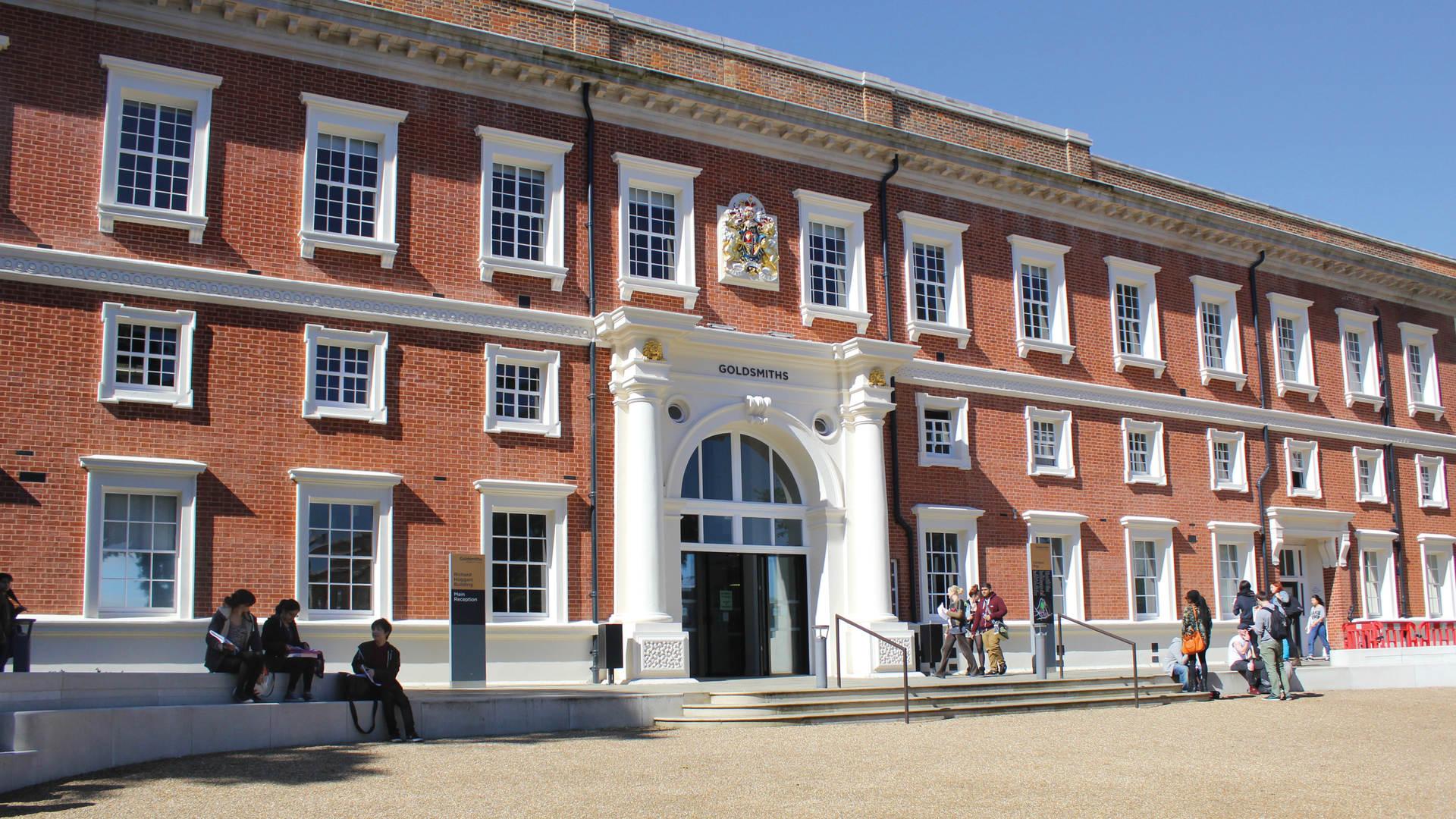Course information
Department
Educational Studies
English and Creative Writing
Length
1 year full-time or 2 years part-time
Course overview
Expand your understanding of children’s and young adult literature by specialising as a researcher, creative writer, or children’s book illustrator with the MA Children’s Literature programme.
Why study MA Children's Literature at Goldsmiths
Taught by Goldsmiths' Department of Educational Studies, with some learning taking place in the Department of English and Creative Writing, the MA Children’s Literature programme has three pathways. Through the programme, you will:
- Have the unique experience of learning alongside researchers, authors, and illustrators and benefit from exposure to industry experts to develop a well-rounded understanding of children’s and Young Adult (YA) literature
- Join a programme that affirms the importance of culturally relevant books for showing underrepresented readers that they have a place in the world and in the books they read. Our core module – Children’s Literature, Culture and Diversity – examines how texts for young people can challenge and disrupt existing power systems and we regularly visit the Centre for Literacy in Primary Education to celebrate their Reflecting Realities work and explore the 23,000 books and resources in their Literacy Library
- Be taught by leading figures in children’s and Young Adult literature including Professor Michael Rosen, Professor Vicky Macleroy, Dr Emily Corbett, Dr Tori Bovalino, and Bruce Ingman
- Join a vibrant and supportive academic community, where you can collaborate with fellow students and engage in lively discussions about the literature that shapes young minds
- Be invited to join the Children’s and Young Adult Literature Research Forum (CYALRF) and contribute to Spinning Gold, the online publication led by MA Children’s Literature students
MA Children’s Literature: Theoretical Approaches to Children’s and Young Adult Literature
If you choose the Theoretical Approaches to Children’s and Young Adults Literature pathway, you will specialise as a researcher and a critical thinker. Whether you come from an academic, publishing, education, or children's media background, and whether you are an established professional or just starting out, this pathway will support your development in the world of children’s and YA literature.
It can also prepare you to go on to doctoral-level study. Contact the Head of Pathway, Dr Emily Corbett, e.corbett (@gold.ac.uk), for more information on the pathway.
MA Children’s Literature: Creative Writing for Children and Young Adults
If you choose the Creative Writing for Children and Young Adults pathway, you will explore the world of children’s and YA literature and find innovative and exciting ways to develop your creative writing for diverse readers, while reflecting critically on the process and contexts in which you write.
Contact the Head of Pathway, Dr Tori Bovalino, v.bovalino (@gold.ac.uk), for more information on the pathway.
MA Children’s Literature: Children’s Book Illustration
If you choose the Children’s Book Illustration pathway, you'll immerse yourself in exploring professional and practical approaches to children’s book illustration. This pathway is jointly delivered by the Department of Educational Studies and the Department of Media, Communications and Cultural Studies.
Please visit the dedicated pathway page to find out more about our Children's Book Illustration pathway or contact the Head of Pathway, Bruce Ingman, b.ingman (@gold.ac.uk).
Contact the department
If you have specific questions about the degree, contact Professor Vicky Macleroy or Emily Corbett.
